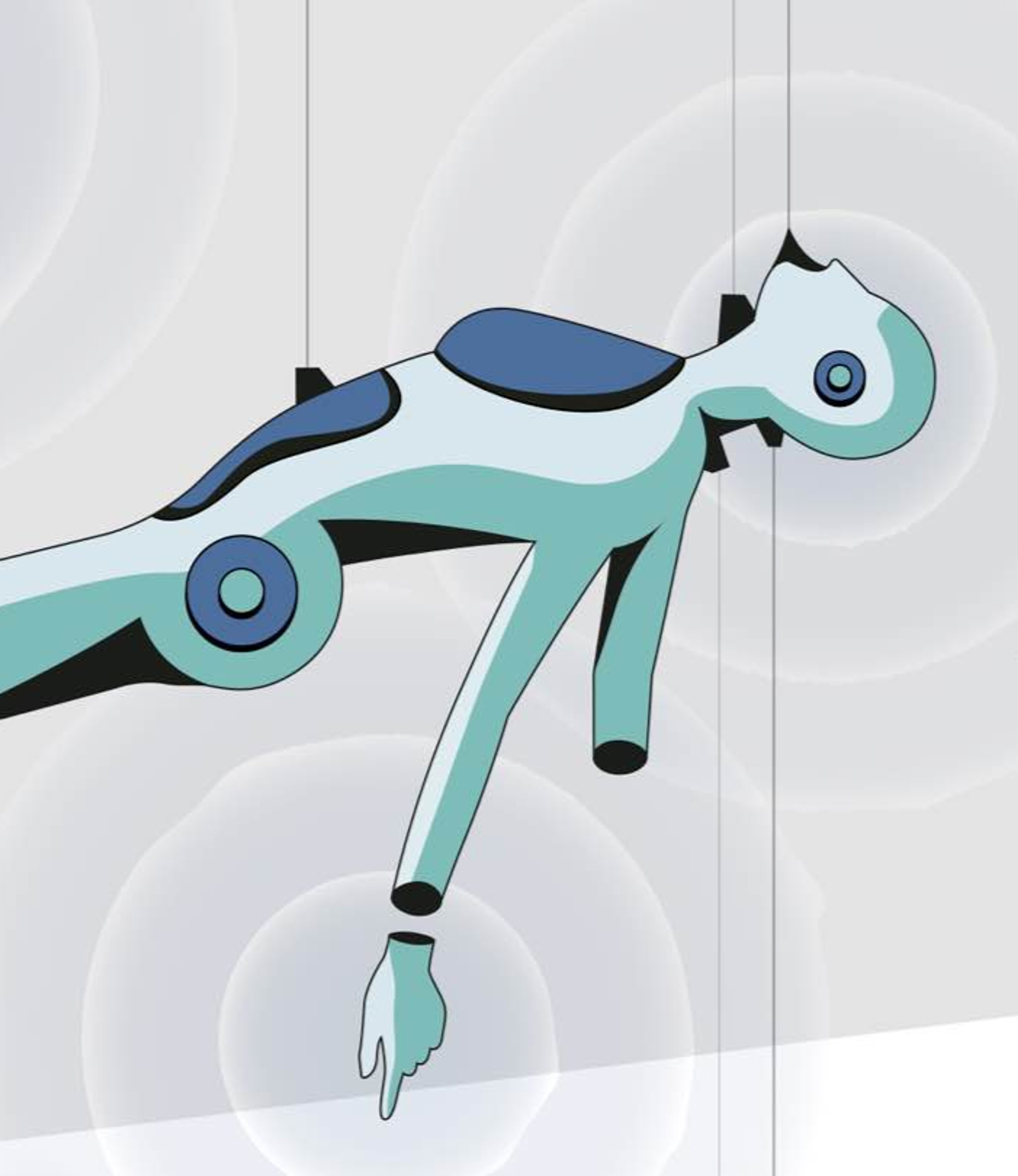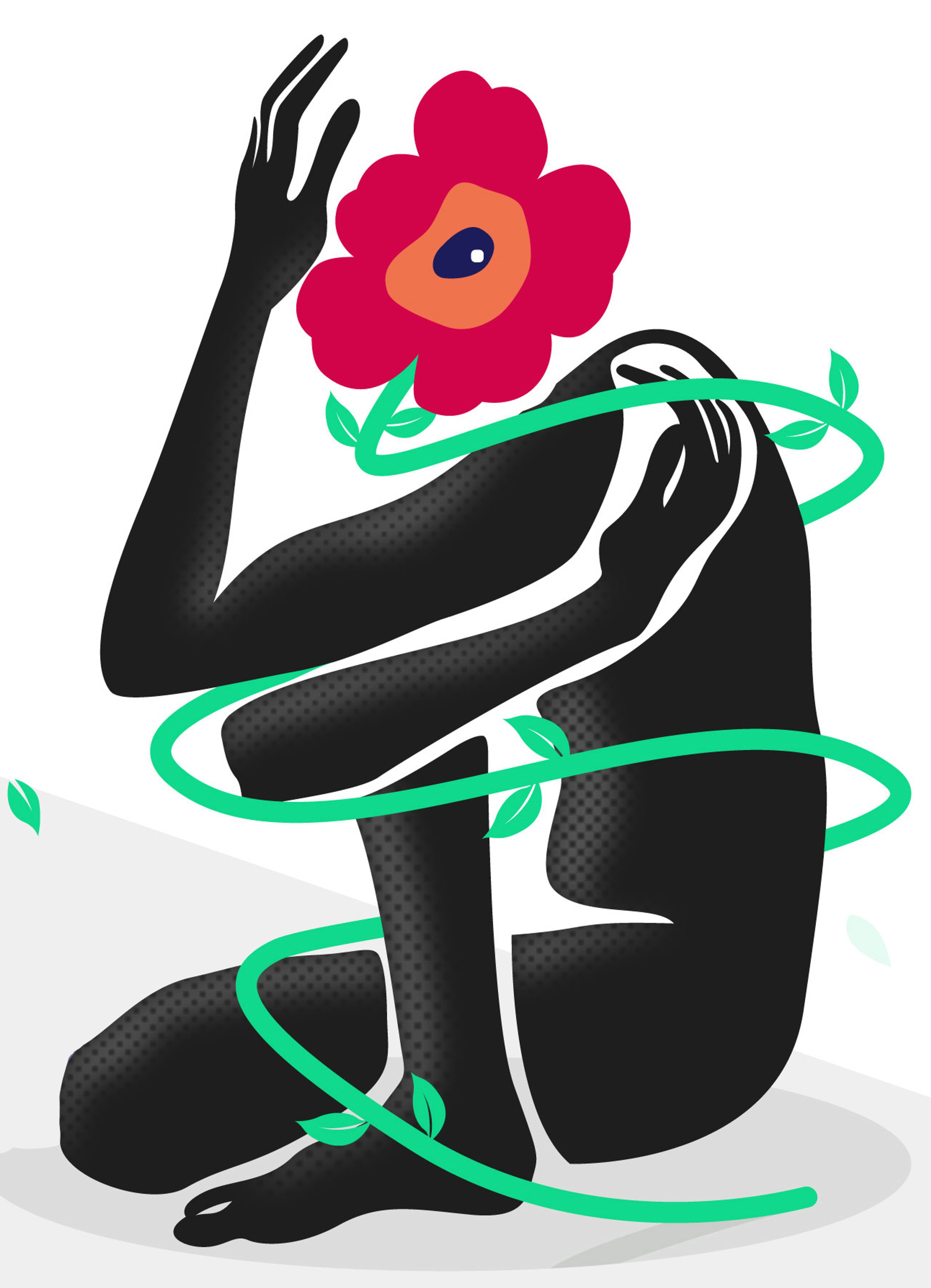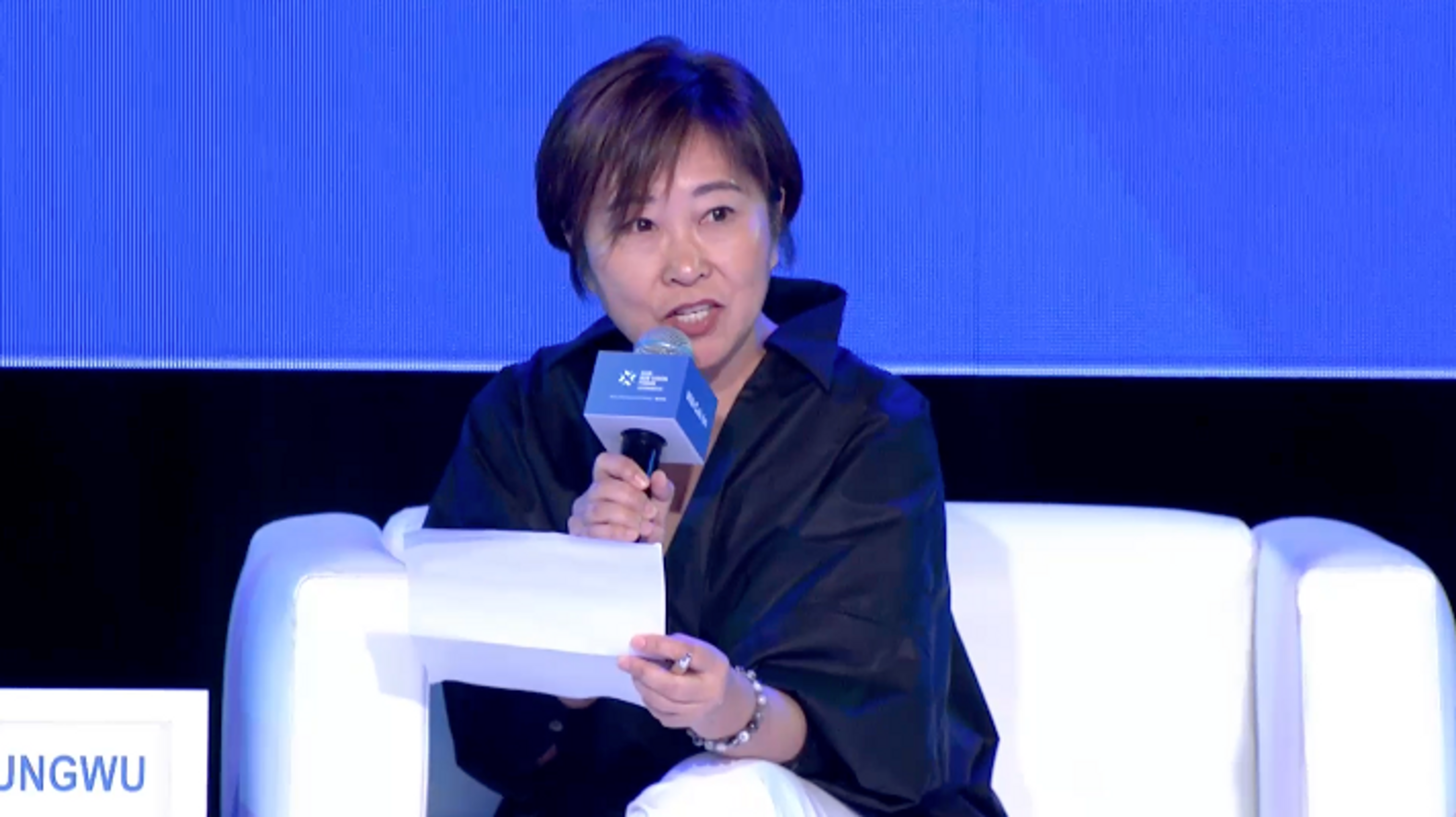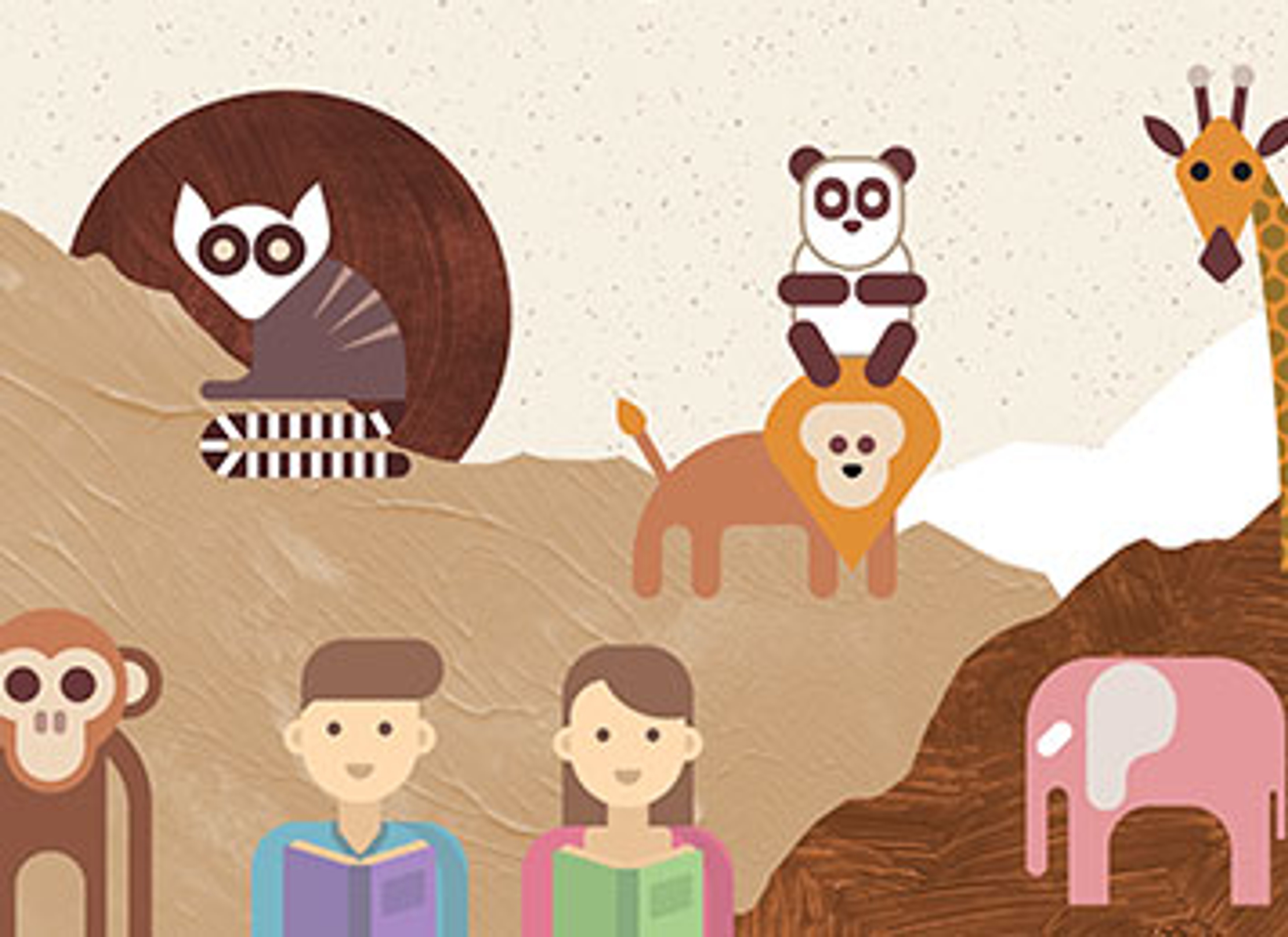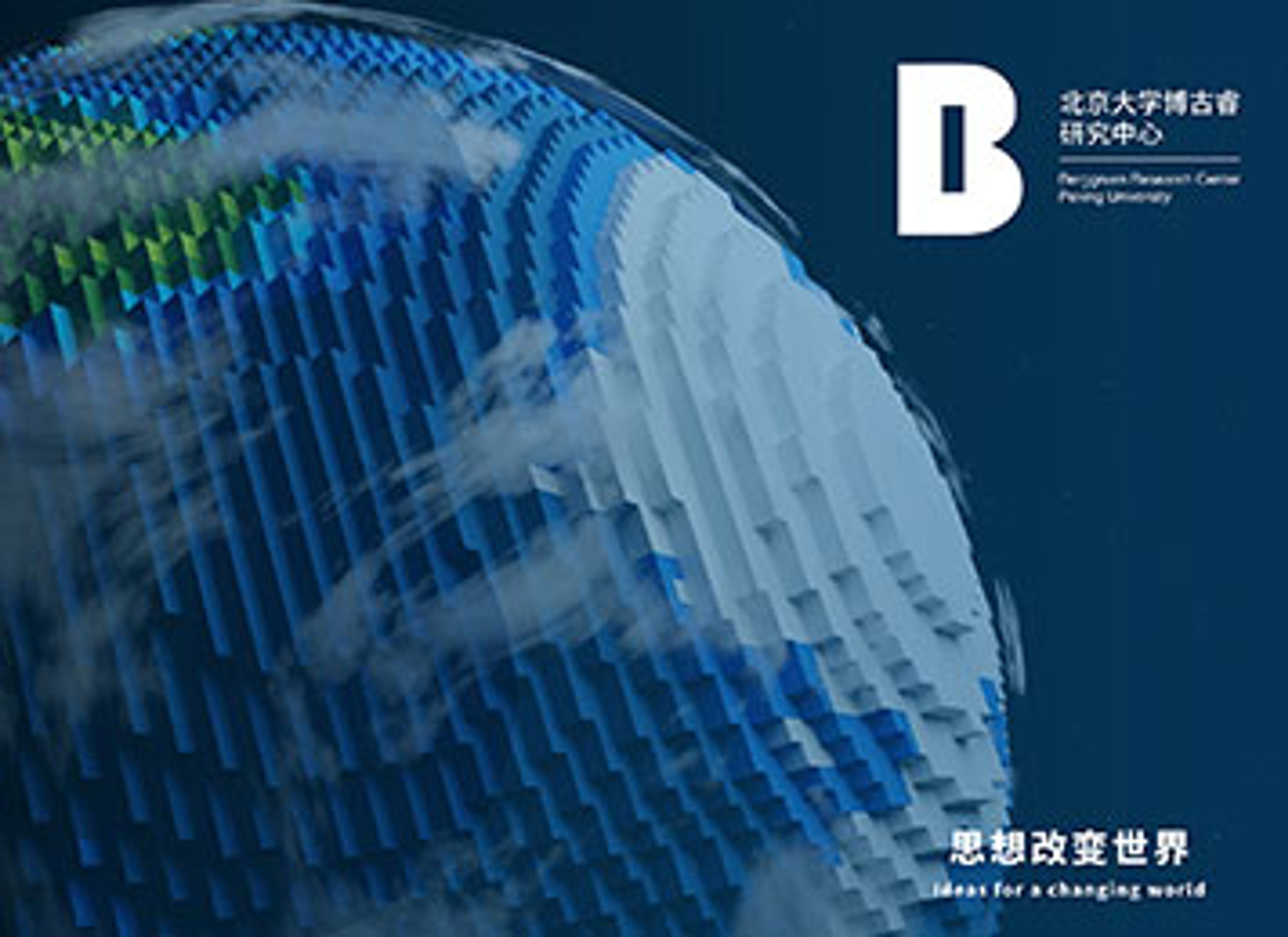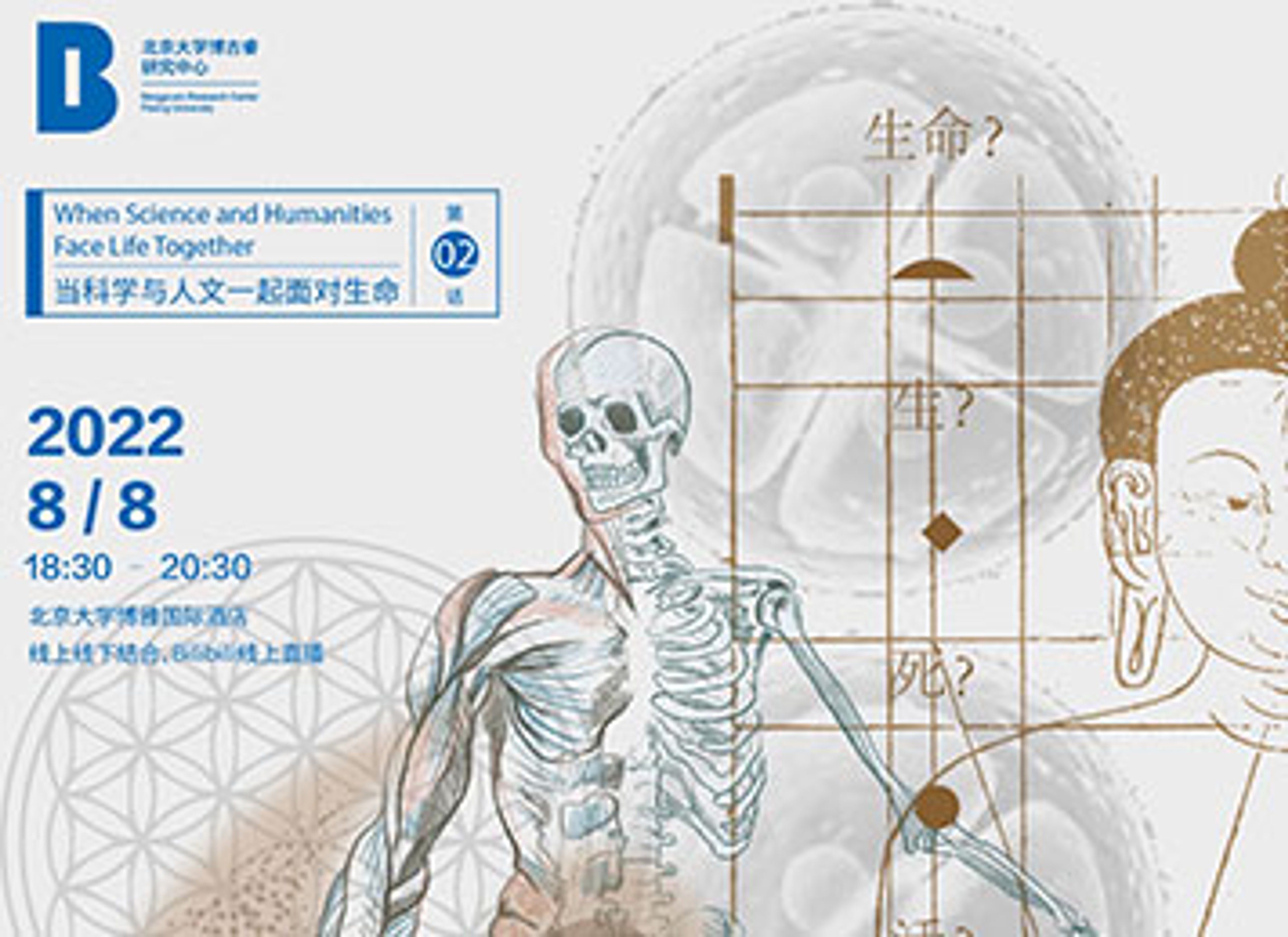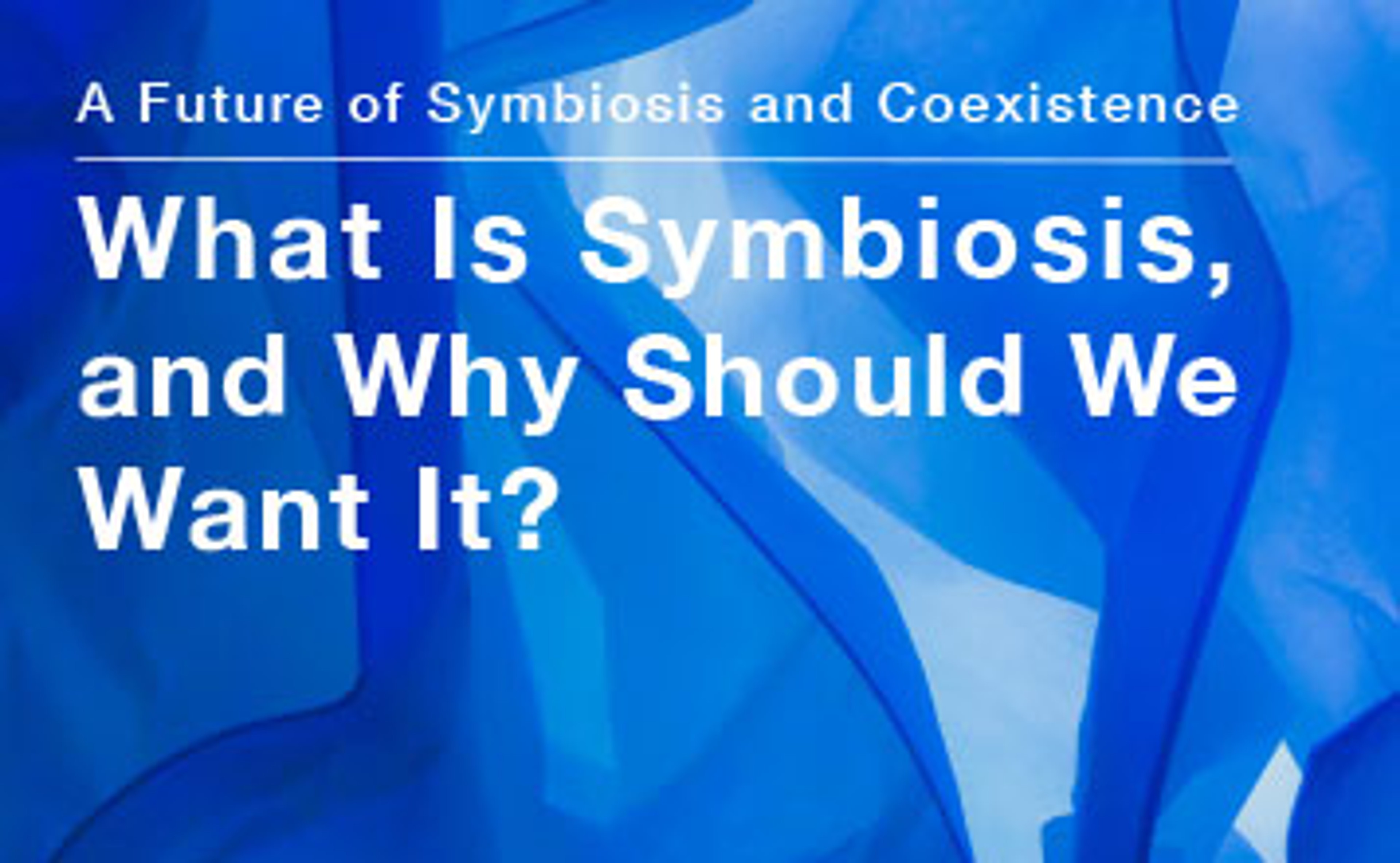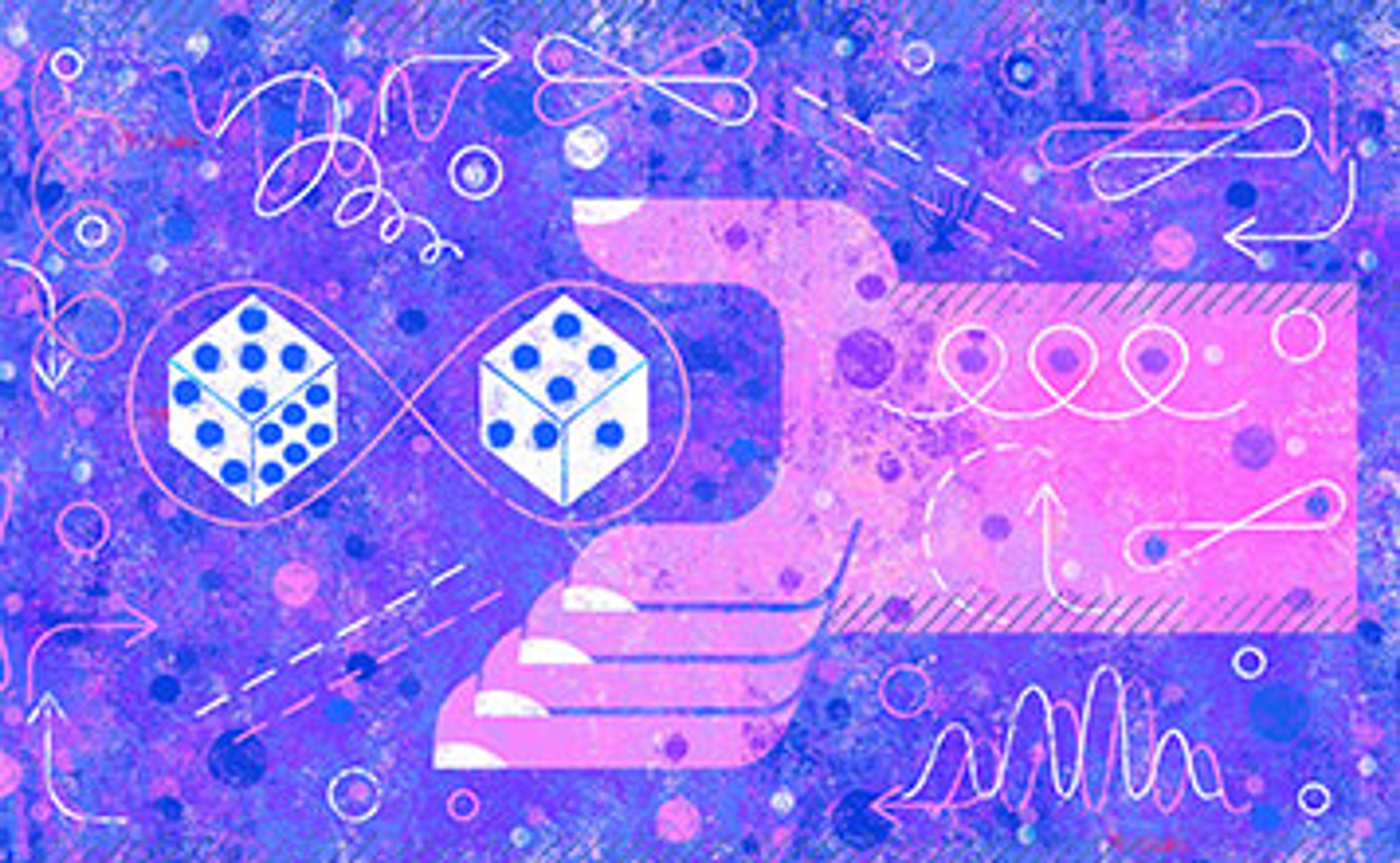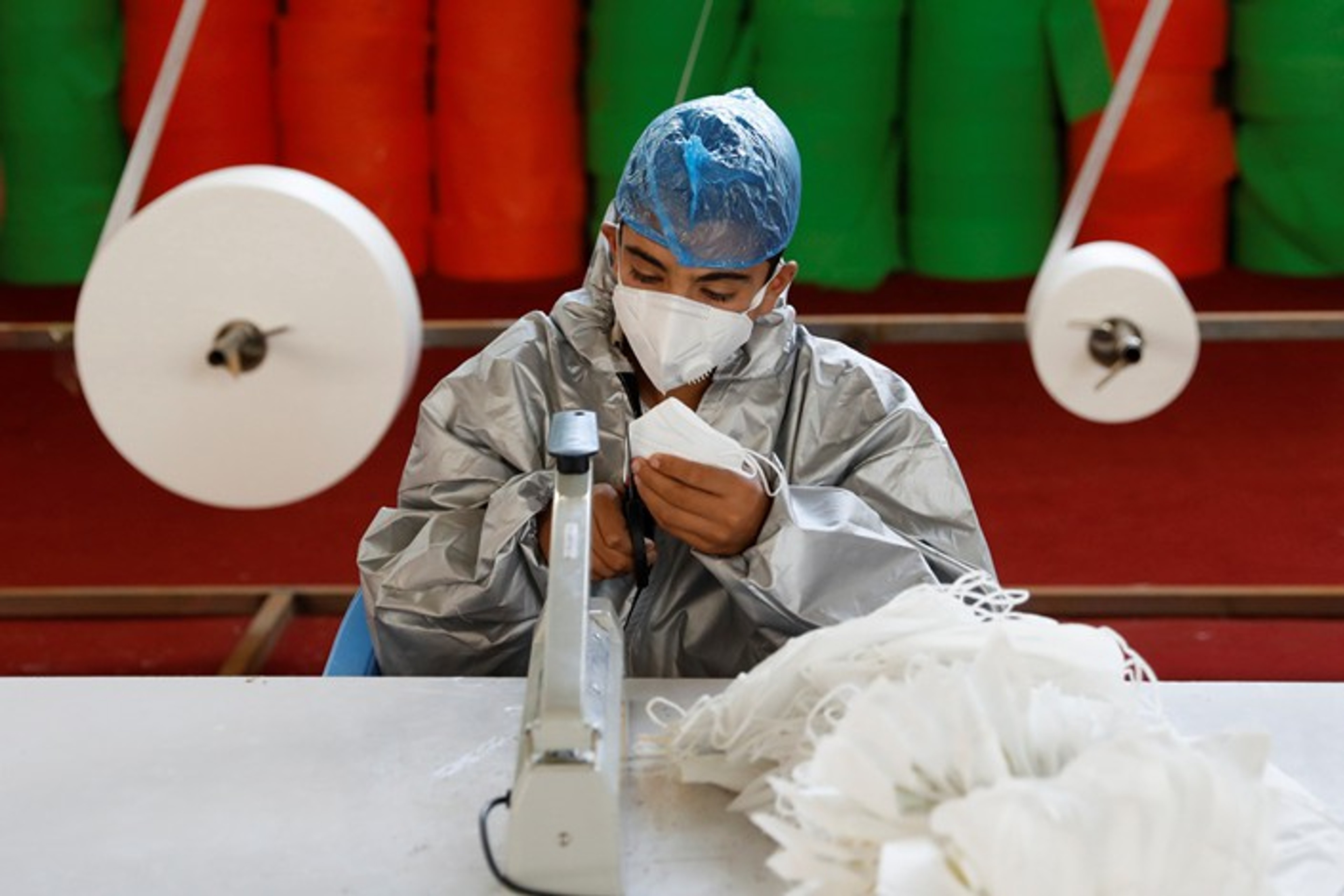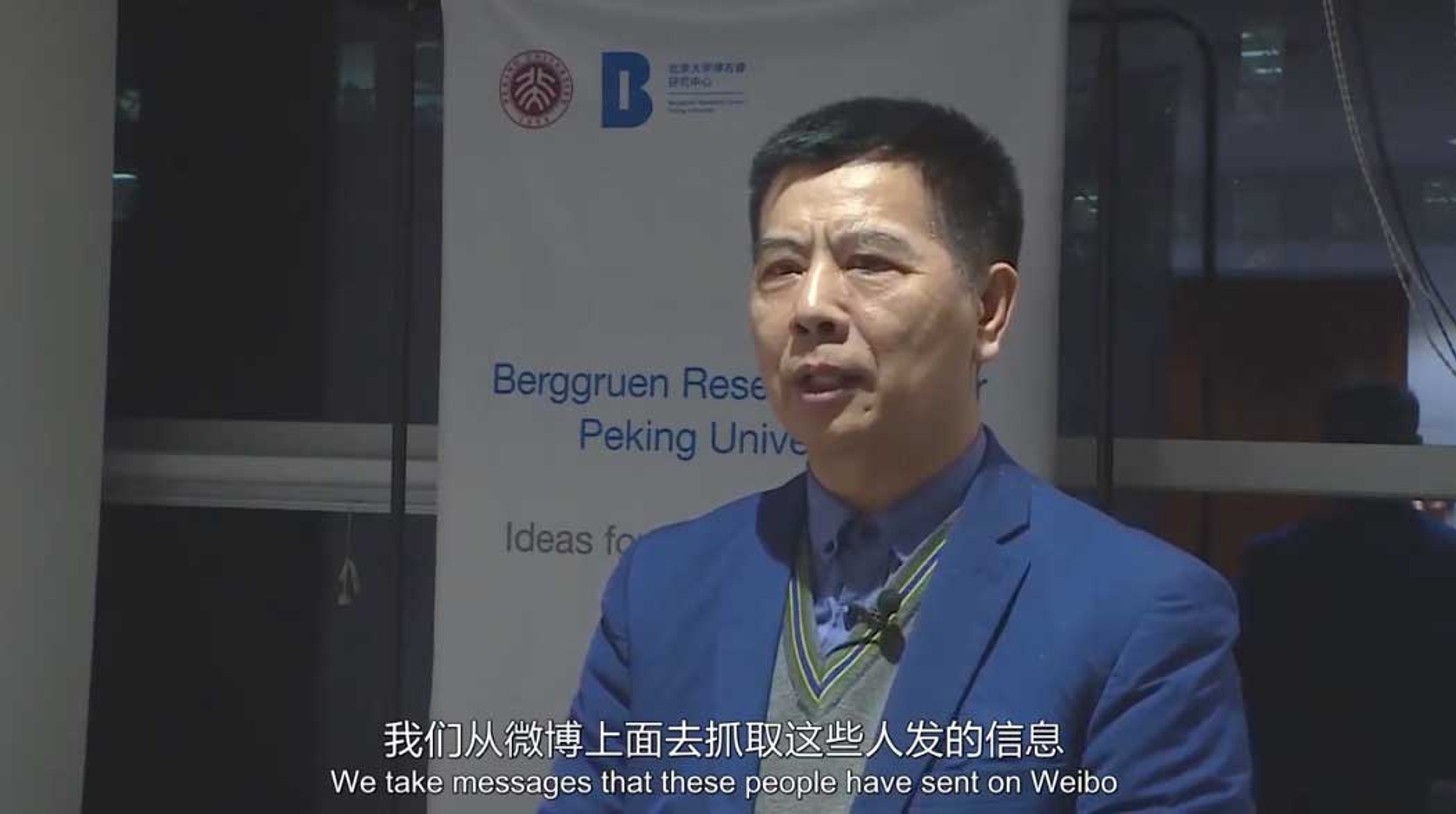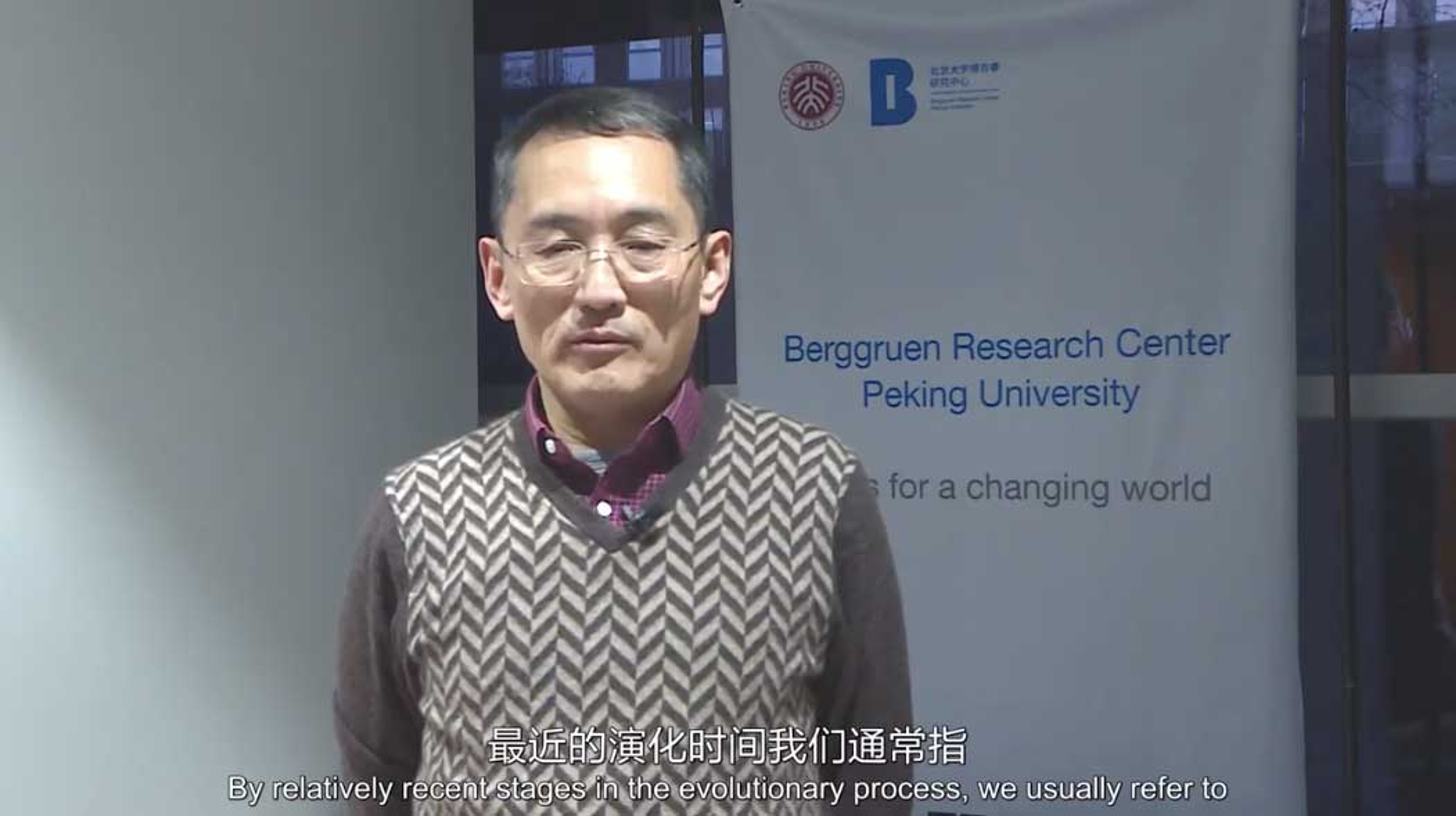Berggruen Institute Launches Chinese-Language Magazine Cui Ling
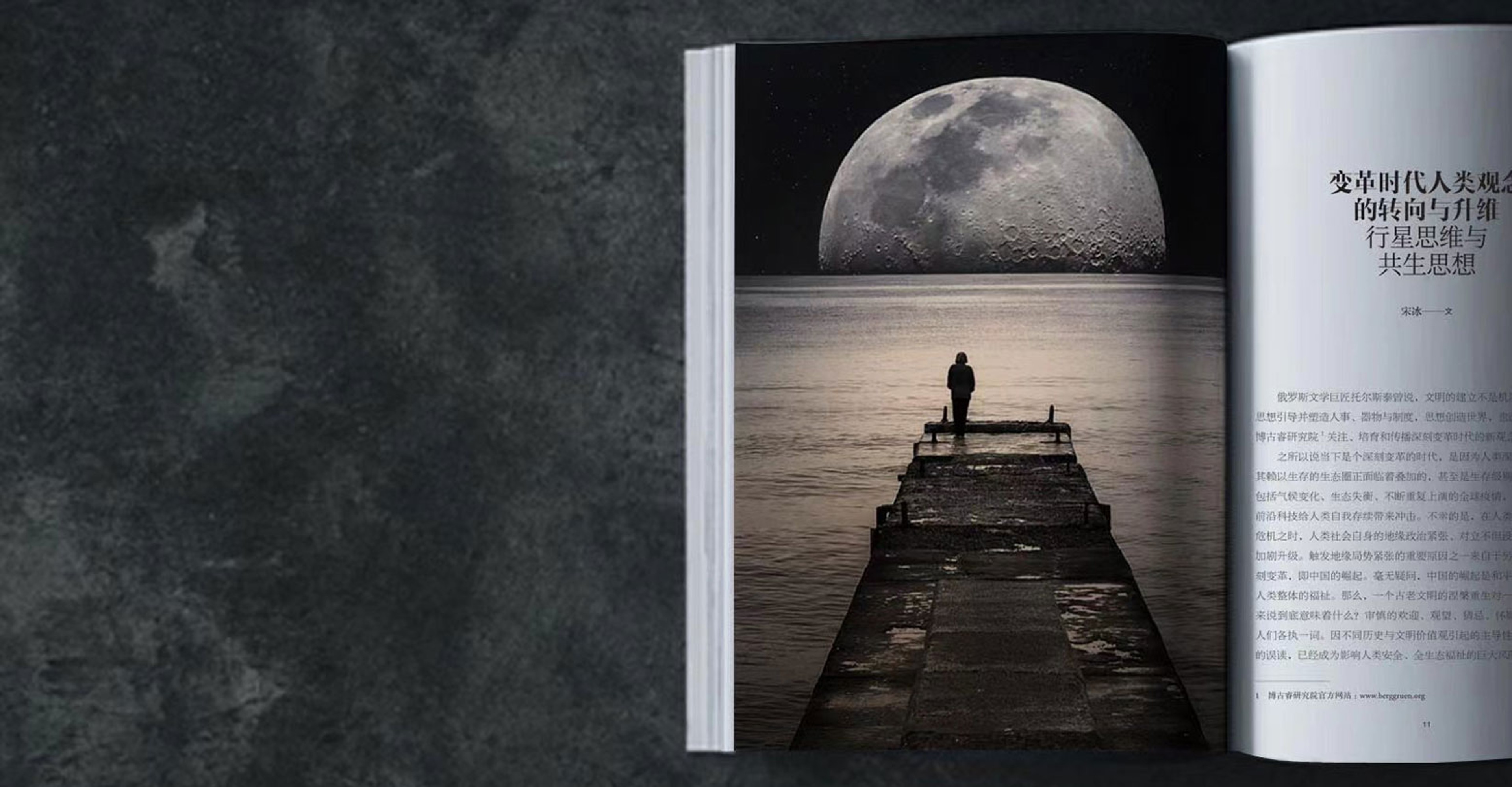
New publication creates a reflective space between traditional academic writing and fragmented online content
The Berggruen Institute has begun publication of Cui Ling(萃嶺), a new Chinese-language sibling magazine to Noema. The release of Cui Ling’s inaugural print edition coincides with the launch of an online content publishing platform.
“Cui Ling” means “green hill with lush grass and trees” in Chinese, which complements the English translation of the German “Berggruen.” The magazine is published by the Berggruen Institute and curated, edited, and presented by the Berggruen Institute China Center.
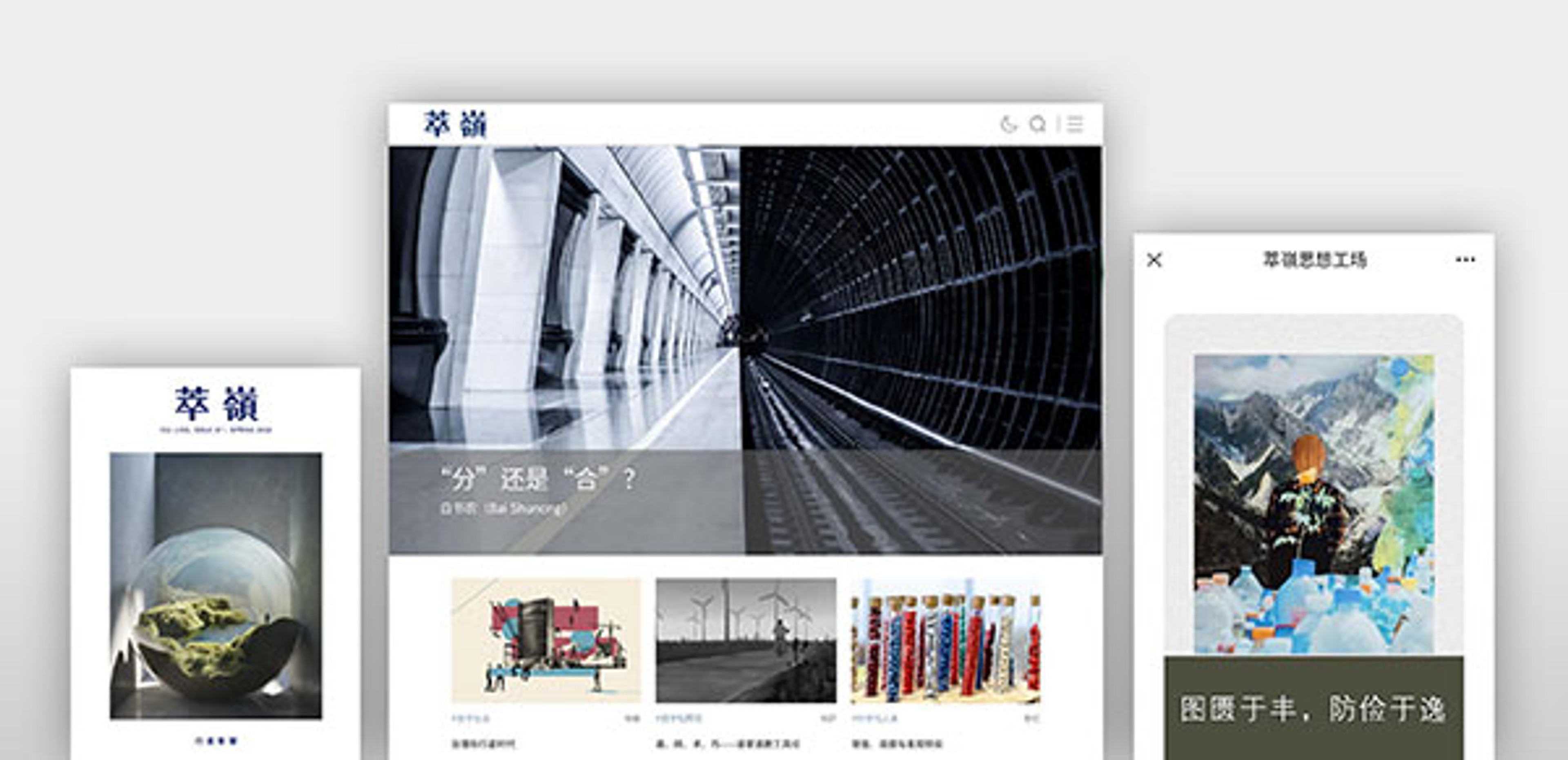
The publication will focus on global events, issues, and reflections on new ideas in an era of change. Bringing together innovative ideas from East and West, it will publish interdisciplinary articles, interviews, art, and literature on philosophy, ethics, new technologies, geo-civilization, ecological crisis, science fiction literature, contemporary art, and more.
The work will be based on the Berggruen Institute China Center’s extensive academic foundation, wide-ranging expertise in the humanities, and expansive perspective on the intellectual frontier. The magazine’s aim is to create a space for deep reading and thinking in the gap between traditional academic research and contemporary digital, high-quality content.
“Planetary Wisdom” is the theme of the inaugural print issue of Cui Ling, focused on planetary thinking and philosophy that has been a focus of the Berggruen Institute’s work over the past year.
Many of the formulations, theoretical bases, and ideas of this interdisciplinary effort to promote a shift in human conceptions are still in their early stages of exploration. The publication will further the organization’s mission to discover, cultivate, refine, and disseminate new ideas and thinking, publishing preliminary results and stimulating more and deeper discussion.
Cui Ling is published online throughout the year, with intermittent print editions
Please click here for more information about Cui Ling.
